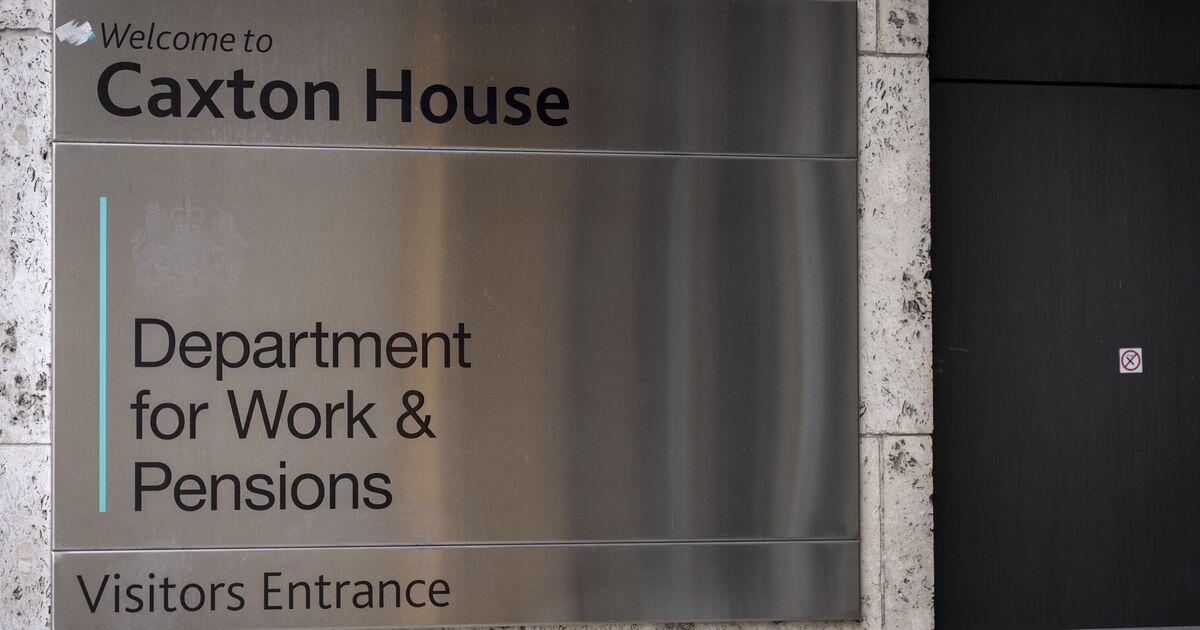
New DWP powers to request details of claimants’ bank statements in cases of suspected fraud could lead to people being “unfairly scrutinised or penalised”, an expert has said.
As part of new legislation to tackle benefit fraud, officials will be able to request three months or more of a person’s bank statements if they are suspected of wrongfully receiving benefits. The DWP will also be allowed to directly take funds from a person’s account if they owe money to the department.
Financial crime analyst, Ben Fleming, from Ocean Finance, warned of the dangers if the new powers target innocent claimants.
He said: “Mistakes in benefit assessments are not uncommon, and there’s a risk that innocent people might be unfairly scrutinised or penalised.
“If these checks are applied inconsistently or without clear oversight, it could lead to a disproportionate impact on vulnerable groups who are already struggling.”
Looking at which benefits could be targeted, he said Universal Credit will likely be a focus, given it combines multiple payments into one, and so is a “key target for fraudsters”.
Those on disability benefits may particularly be subject to scrutiny as part of the new measures. Mr Fleming said: “Disability benefits like Personal Independence Payment (PIP) and Employment and Support Allowance (ESA) could also see heightened checks, as these often rely on subjective assessments that can be manipulated.
“Housing Benefit and Council Tax Reduction schemes might also be targeted due to the financial strain they place on local authorities. These benefits often involve third-party data like rental agreements, making them susceptible to misreporting.”
Mr Fleming said one of his biggest concerns about the new powers, set out in the Fraud, Error and Recovery Bill, is the idea of taking money directly from someone’s account.
He warned: “Errors in the system could see the wrong person’s account being raided, leading to serious financial consequences for innocent individuals.
“People accused of benefit fraud often have limited resources to dispute claims. If funds are taken without adequate notice or an opportunity to appeal, it undermines their right to a fair process.”
In presenting the bill, Secretary of State for Work and Pensions, Liz Kendall, said: “We are turning off the tap to criminals who cheat the system and steal law-abiding taxpayers’ money.
“This means greater consequences for fraudsters who cheat and evade the system, including as a last resort in the most serious cases removing their driving licence.
“Backed up by new and important safeguards including reporting mechanisms and independent oversight to ensure the powers are used proportionately and safely.”
Mr Fleming urged for transparency and clear communication with claimants in the use of the powers. The legislation sets out that in cases where funds are to be deducted, the claimant should get at least 28 days to make representations.
The expert warned of severe consequences even if the powers target genuine criminals: “Even if an account belongs to a genuine fraudster, recovering funds directly could leave them without enough money for essentials like rent or food.
“This might drive some individuals further into poverty or even result in homelessness. It’s a solution that could end up creating more problems than it solves.”
Legal experts at Clyde & Co have also raised concerns about the new powers. Damian Rourke, partner in the fraud risk practice with the group, warned people could turn to using cash to avoid their financial dealings being scrutinised.
He said: “Cash payments create a shadow economy, undercutting businesses operating within the system. Informal cash payments often come without legal protections, leaving workers exposed to exploitation, unsafe conditions, and wage disputes.”


















